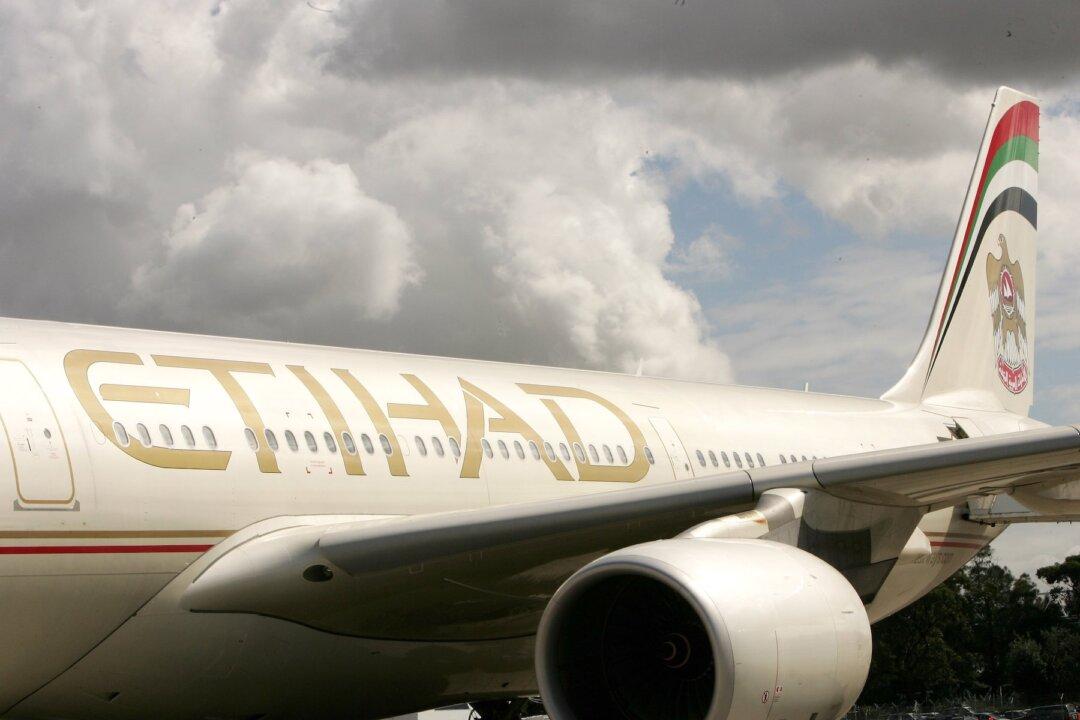Two Sydney brothers have now been found guilty of plotting to blow up an Etihad plane with a bomb hidden in a meat grinder and to carry out a lethal poisonous gas attack.
The siblings plotted with their older brother, Tarek Khayat, who was involved with Islamic State in Syria, and “the controller”, an unidentified person connected with the older brother, according to the prosecutor Lincoln Crowley QC.





